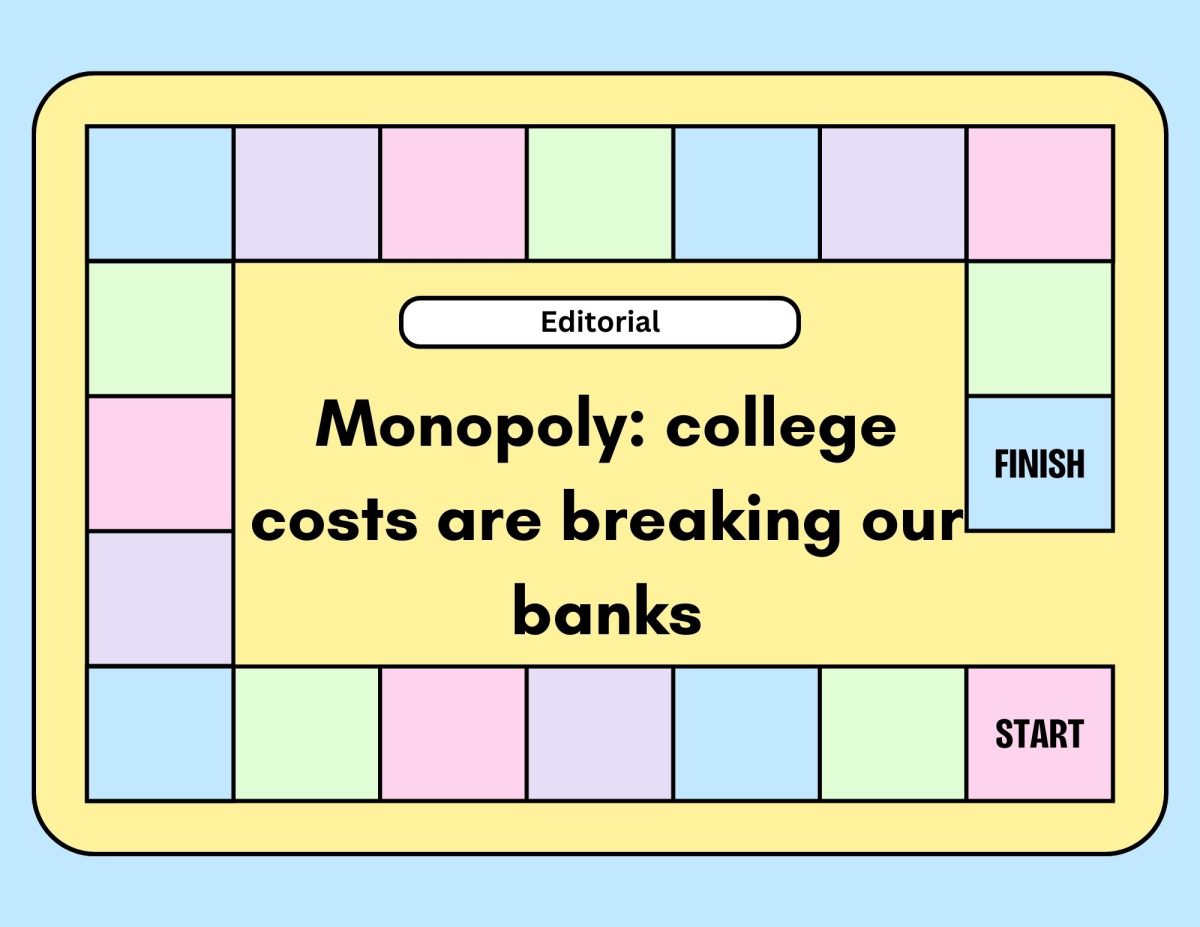Nine in 10 Archie Williams sophomores will take at least one Advanced Placement (AP) class in the following school year. APs, challenging courses intended to provide college preparation and give students an opportunity to earn college credits, are taken annually by students across the globe. Aside from APs’ ability to reduce college costs, they’ve become a means for ambitious students to prove themselves academically.
In recent years, APs have increased in popularity due to heightened competition in the world of college admissions. With many top school applicants having weighted GPA averages of above 4.0, prospective applicants feel pressure to pack their schedules full of AP classes.
At the Pitch, we asked students about their experiences taking and succeeding in AP classes, compiling their best advice into one comprehensive list. So, whether you’re awaiting your first AP class, looking to improve your strategies for next year, or simply curious, please enjoy.
1. Collaborate with your classmates.
In AP classes, you’re in an environment where all of the students around you are motivated and capable; take advantage of this. Form study groups, make text chains, and discuss difficult questions together. You’ll make new friends and increase your chances of succeeding in class.
2. Ask your teacher for help!
Your AP teachers are there to help you; it’s their job. So don’t feel afraid to ask for help or underestimate the power of self-advocacy. Is there a unit you’re struggling with? Contact your teacher, schedule a meeting, and figure it out. Your teacher will give you help, but you won’t receive it unless you ask for it.
3. Don’t fall behind.
AP classes move at a college-level pace, have higher expectations, and follow curriculums that won’t stop to pick you back up if you fall. As an AP student, you’ll need to be independent. Utilize the help of those around you, but don’t expect to be coddled. It may seem harsh, but just think of how capable you’ll be afterward.
4. Use the resources around you (College Board, YouTube, blog posts, etc.)
One thing to remember, amid the chaos of APs, is that you are not the only student taking them. Nationwide, high schoolers take AP tests, complete AP projects, and need help just like you. Meaning, if you don’t want to make flashcards, chances are someone has already made an 80-slide Quizlet with exactly what you need. Use it.
5. Don’t be afraid to challenge yourself.
Believe it or not, APs aren’t as monstrous as they’re made out to be. Yes, they are a challenge, but not an impossible one. Take the risk and sign up for the extra class. You can boost your GPA, learn new skills, and improve your college applications. If there was ever a time to trust yourself, it’s now.
6. Dropping a class is not a crime.
If you end up taking an extra class and realize it adds too much to your schedule, don’t be afraid to drop it. There’s no shame in tapping out if you’ve reached your limit. If you feel like your social, personal, and academic lives have become unmanageable, take a step back. However, don’t drop a class out of fear or laziness; that’ll hurt worse than sticking with it.
7. Ramp it up junior year, and don’t overdo it senior year.
Your counselors were right. Junior year is a time to focus. Take the hard classes, study hard for your exams, and achieve your goals. Once you’re a senior, you’ll want to focus on applications or check out, so get the difficult parts out of the way before then.
8. Study effectively: take notes!
Nearly every successful AP student will encourage you to study. How should you make that process easier? By taking notes. Writing down what you’re learning helps you internalize the content and generates study material for your finals. Even if your hand starts to cramp up, remember it’ll be worth it in the end.
9. Beat the system (it’s a game, so don’t feel like you shouldn’t play it).
The college admissions process is a game, so why not step up to the plate? Take the class that makes your application look better. Accept the job that will give you valuable connections. Obviously, don’t toss aside your values in hopes of securing a spot at Stanford, but if there’s a formula, why not follow it?
10. Set goals, and remind yourself why you’re doing this.
Let’s face it: high school is hard. You’re bombarded with projects, tests, and responsibilities that you never could’ve imagined in middle school. And there’s much less wiggle room. Every class takes you one step closer to graduating, which takes you closer to getting a job and closer to becoming an adult. So remind yourself why you’re working so hard. Is it a personal accomplishment? College? A future career? Keep yourself motivated.









